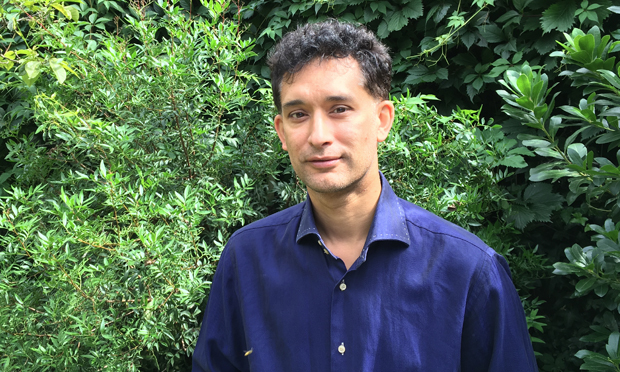Hackney Liberal Democrats bemoan democratic deficit and ‘tactical voting for Labour’

Hackney Liberal Democrat candidate Dave Raval
Despite increasing their party’s share of the vote, the Liberal Democrat candidates in last Thursday’s General Election claim they fell foul to our current voting system.
In a joint statement following the results that saw huge and increased majorities for Diane Abbott and Meg Hillier, candidates Dave Raval and Joe Richards said: “In Hackney this achieves nothing but to bolster the dominance of Labour and squeeze the smaller parties, which is bad for democratic representation in the borough.”
They also criticised the current first-past-the-post voting system, which they claim changes how people vote: “The fact that we have a voting system that requires tactical voting to make sure people feel their views are being represented just highlights how utterly undemocratic our system is and how much it needs to change.”
However Raval and Richards acknowledged that the Liberal Democrats’ vote share increased, making third place in both constituencies: “It is testament to the Hackney Liberal Democrat campaign and candidates that we were the only main party who increased vote share in the face of the huge Labour surge.”
In Hackney North and Stoke Newington the Liberal Democrats won 3,817 votes this time round – up from 2,492 in 2015.
Meanwhile in Hackney South and Shoreditch they secured 3,168 votes – a rise from their 2,186 votes in the previous General Election.
In their statement the duo continued: “With the nation so deeply divided, now more than ever, we must present an alternative Britain that is open and tolerant and work together to find common ground over the difficult period to come.”
“We have taken a principled stand as a pro-European party and will continue to fight for those open and tolerant values that has seen so many new members and volunteers join us over the last year.”
Proportional representation
The pair also called for what they believe to be a fairer voting system: “Another key issue for the future needs to be our continued campaign for proportional representation.”
Proportional representation is an electoral system in which the distribution of seats corresponds closely with the proportion of the total votes cast for each party. For example, if a party gained 40 per cent of the total votes, a perfectly proportional system would allow them to gain 40 per cent of the seats.
Diane Abbott is opposed to proportional representation as it would involve candidates being appointed from the centre and would break the “constituency link”, in that MPs would not be attached to particular constituency. However she supports the introduction of the Alternative Vote (AV), unlike Meg Hillier who does not.
The Alternative Vote is used to elect the majority of chairs of select committees in the House of Commons. The AV is also used for the election of the Lord Speaker and by-elections for hereditary peers.
Under AV, voters rank candidates in order of preference by marking 1, 2, 3 and so on next to names of candidates on a ballot paper. A voter can rank as many or as few candidates as they like or just vote for one candidate.
Ballot papers are then counted by using the first preference votes (i.e. those with a number 1 marked next to their name). If a candidate receives more than 50 per cent of the first preference votes then they are elected.
First-past-the-post is used to elect MPs to the House of Commons and for local elections in England and Wales. The candidate that has received the most votes is elected to represent the constituency or ward.
